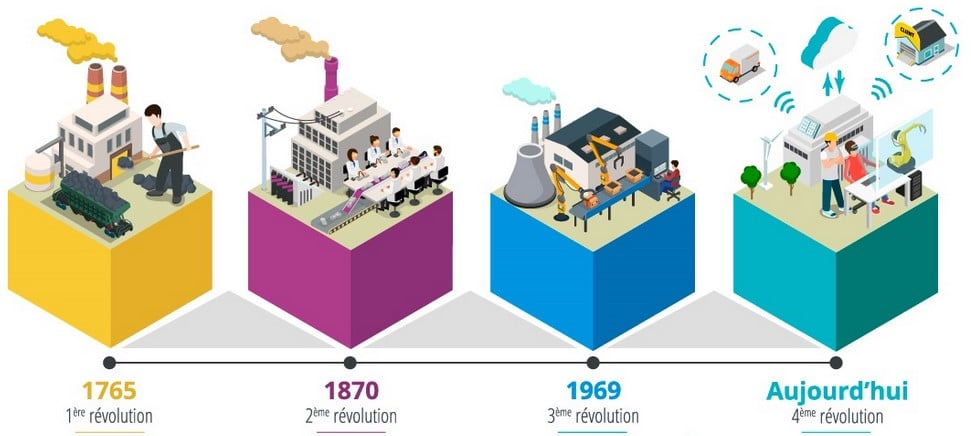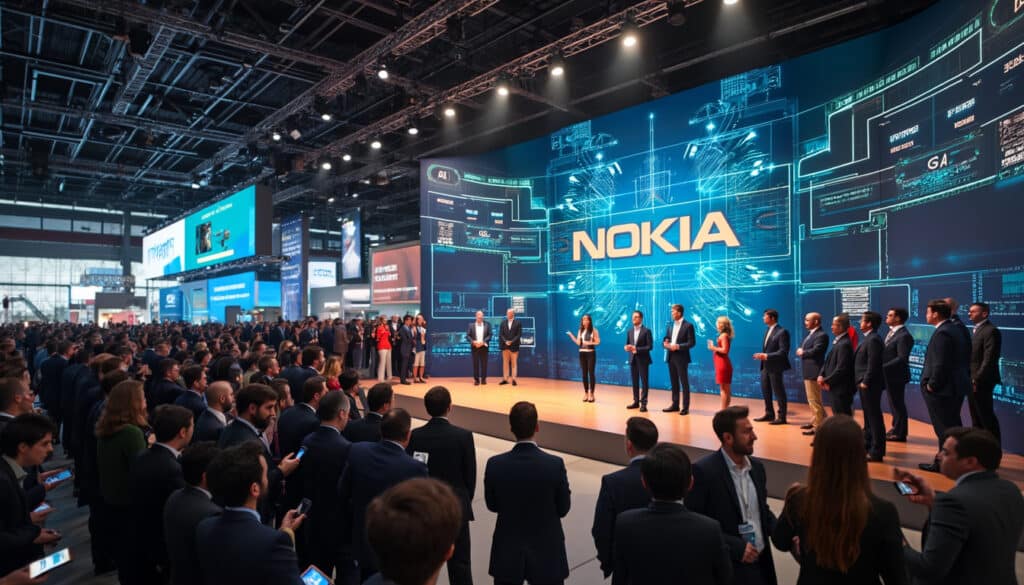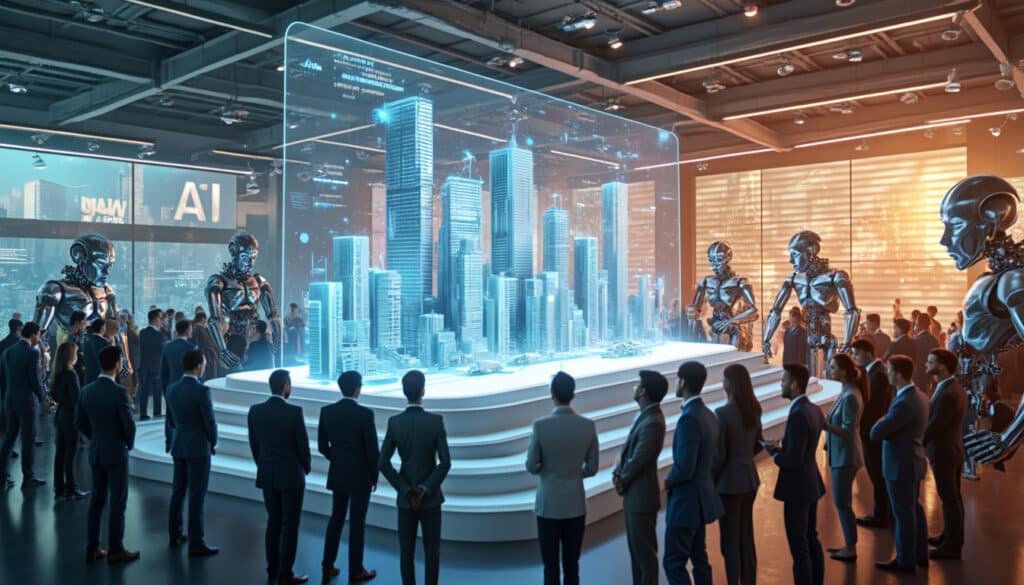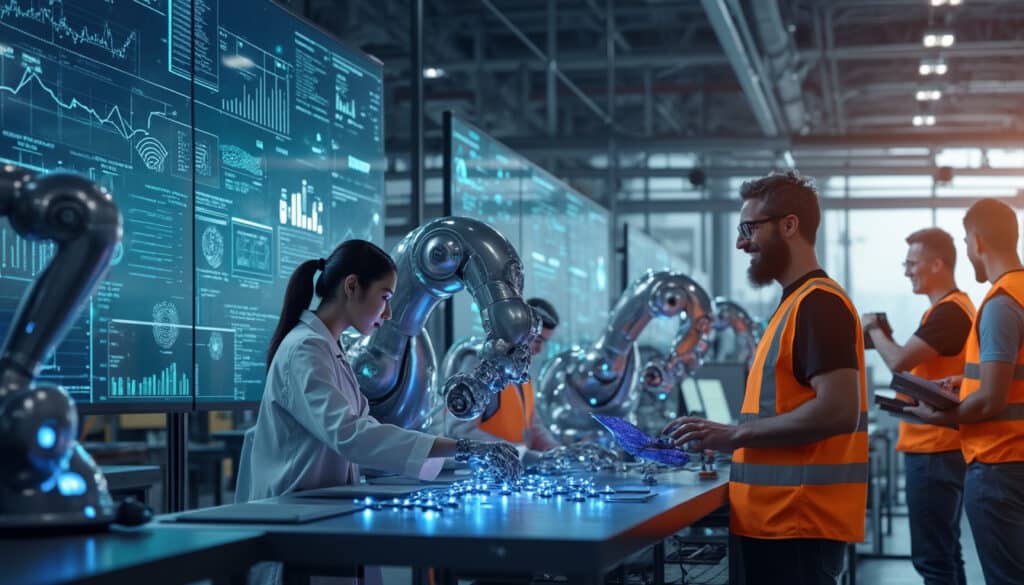In a constantly evolving industrial landscape, Industry 5.0 emerges as a horizon of innovations where human and technology harmonize. At the heart of this revolution, your data and artificial intelligence work together to transform production processes into a more collaborative, intuitive, and resilient ecosystem. Leveraging the advantages of Industry 4.0, such as automation and data analytics, this new era emphasizes real-time connections between machines and humans, thereby enhancing human capabilities rather than replacing them.
Industry 5.0 marks a significant evolution by placing humans at the center of collaboration with machines, enriching the exchange of information in real time. The role of data and artificial intelligence becomes crucial, allowing rapid analysis of vast data sets to optimize industrial processes. Unlike Industry 4.0, which emphasized automation, Industry 5.0 values human interaction, thereby strengthening workers’ capabilities. Through advanced data analytics systems and Machine Learning, it aims to reduce waste while improving production efficiency and flexibility.
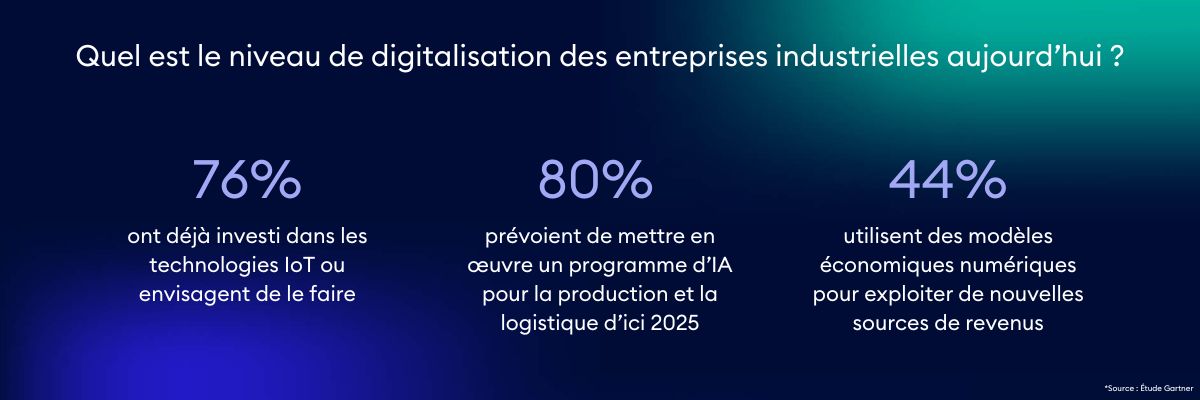
Table des matières
ToggleThe impact of Industry 5.0 on the modern world
Industry 5.0 marks a revolution where the alliance between human and machines transcends previous approaches. Unlike the 4.0 era, which favored automation, it emphasizes a symbiotic collaboration between humans and robots. The real-time exchange of information enhances efficiency, enriching human creativity through the analytical capabilities of AI.
The evolution towards this symbiosis relies on the integration of artificial intelligence and data at every stage of the process. In this new paradigm, customization, adaptability, and autonomy become the norms. These changes open up unprecedented perspectives on how to tackle contemporary industrial challenges, while steering innovation towards a more human dimension.
Data and artificial intelligence: engines of transformation
Big data and artificial intelligence are proving to be the driving forces of Industry 5.0. These tools allow companies to analyze vast volumes of information quickly and effectively. AI optimizes efficiency by identifying anomalies, predicting issues, and irrationalities in processes, thus guiding more informed decisions.
Towards a factory of the future: technology and flexibility
The future of industry lies in creating the factory of the future, where technology and flexibility converge to maximize productivity without sacrificing the human role. Advanced management systems, supported by Machine Learning and AI, help reduce waste and improve operational efficiency. This enhances sustainability while adapting to changing demand.
Industrie 5.0 : on n’y est pas encore, mais c’est important d’en parler
— Intelekto (@intelekto_media) April 17, 2024
➡️ https://t.co/SgnFaAvZKH

